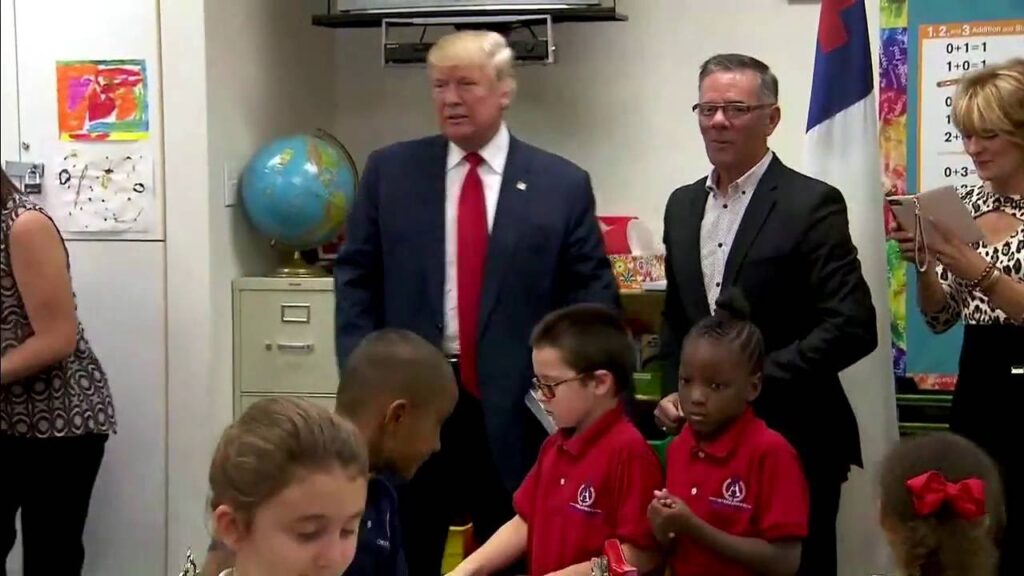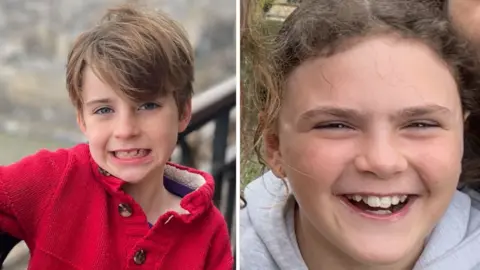Internal emails from senior EPA officials indicate that all pending and active grants are on the chopping block, a move that puts numerous critical health studies in jeopardy. Among these programs is the Science to Achieve Results (STAR), which has historically provided invaluable insight into ecological health issues affecting children. Concerns have been raised about the implications on projects aimed at reducing wildfire smoke exposure and other pollutants.
Moreover, the cancellation affects initiatives like the People, Prosperity, and the Planet (P3) program, which has been empowering college students to develop innovative environmental solutions. In the latest funding cycle, participants worked on sustainable projects ranging from antiviral face masks made from recycled materials to fully compostable packaging.
One particularly alarming revelation is that this action could stall research aimed at combating the grim realities of pollution-related health risks in vulnerable populations, further exacerbating existing health disparities. Advocacy groups stress the dire need to maintain robust funding for such research, especially as climate change continues to manifest in increasingly hazardous environmental conditions.
Stakeholders and environmental advocates are calling for immediate intervention, arguing that the cancellation of these vital grants not only undermines scientific progress but also jeopardizes public health, especially that of the most at-risk communities – children.
Moreover, the cancellation affects initiatives like the People, Prosperity, and the Planet (P3) program, which has been empowering college students to develop innovative environmental solutions. In the latest funding cycle, participants worked on sustainable projects ranging from antiviral face masks made from recycled materials to fully compostable packaging.
One particularly alarming revelation is that this action could stall research aimed at combating the grim realities of pollution-related health risks in vulnerable populations, further exacerbating existing health disparities. Advocacy groups stress the dire need to maintain robust funding for such research, especially as climate change continues to manifest in increasingly hazardous environmental conditions.
Stakeholders and environmental advocates are calling for immediate intervention, arguing that the cancellation of these vital grants not only undermines scientific progress but also jeopardizes public health, especially that of the most at-risk communities – children.






















